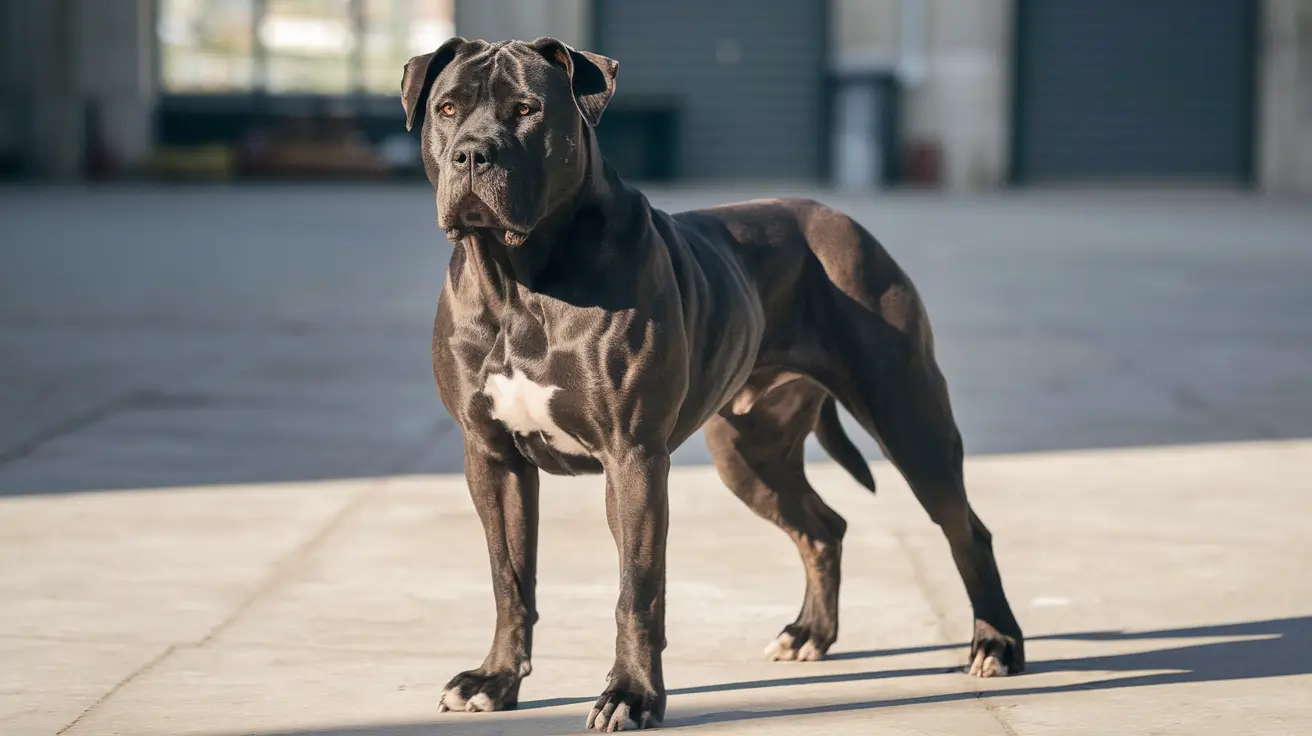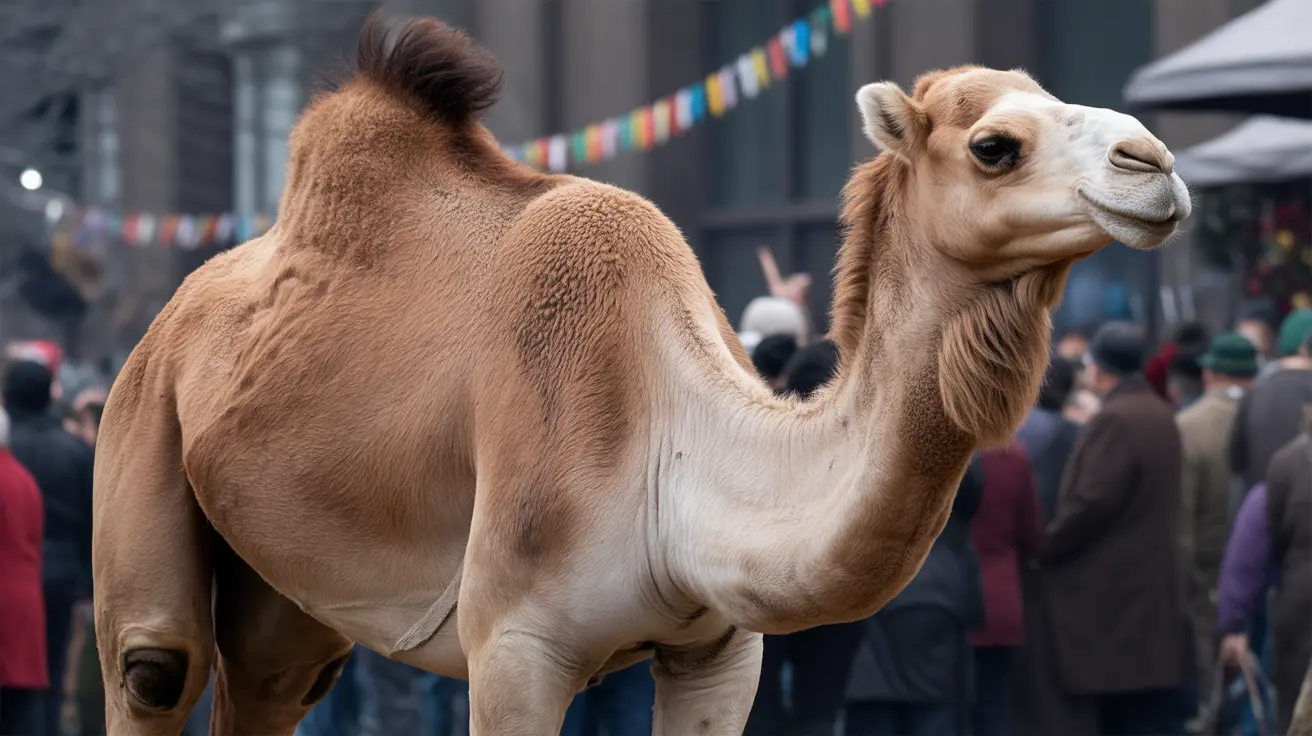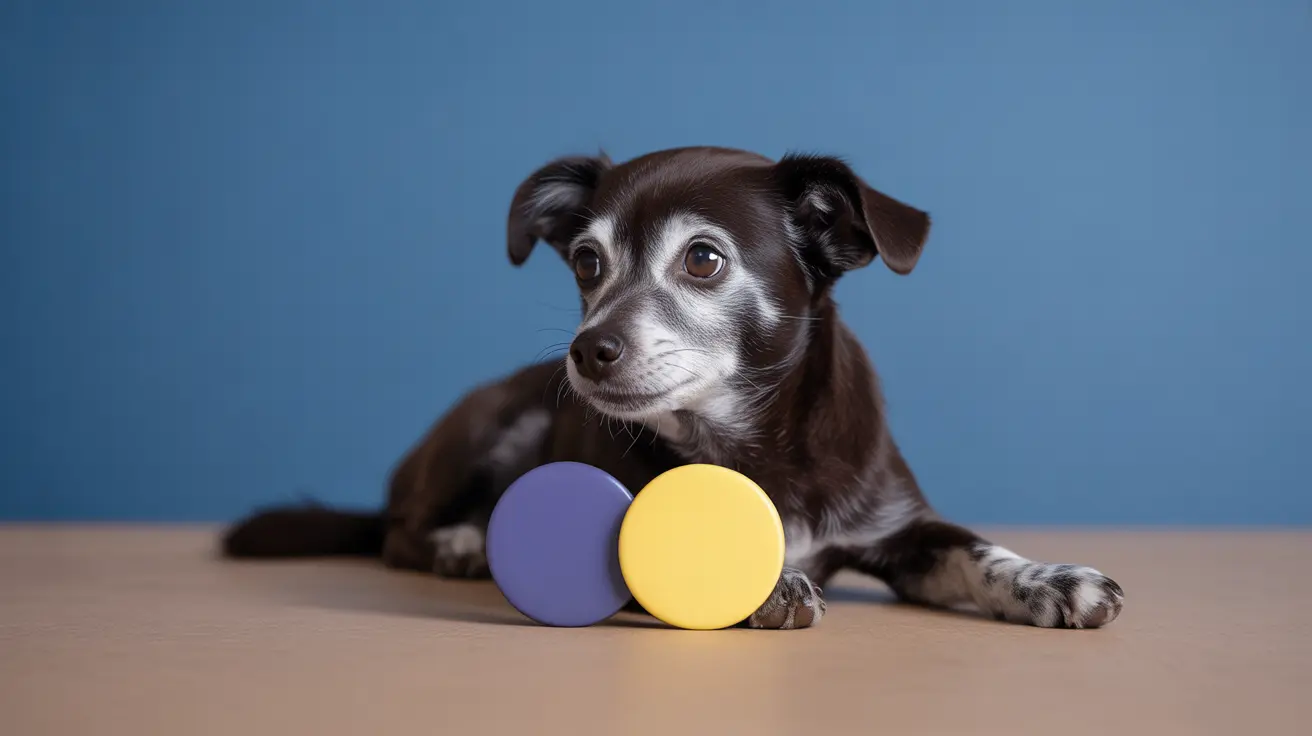Introduction to the Cane Corso
The Cane Corso, also known as the Italian Mastiff, is a powerful and intelligent breed with deep historical roots. Originally bred in ancient Greece and Rome for roles such as guarding, farm work, and even as canine soldiers, the Cane Corso has evolved into a loyal and affectionate family companion. The breed's name, which translates to "bodyguard dog" or "guard dog of the courtyard" from Latin, reflects its historical role as a protector, making it a cherished member of many households today.
Physical Attributes and Grooming Needs
Cane Corsos are known for their commanding presence, thanks to their large size and muscular build. Males typically stand between 25 and 27.5 inches tall and weigh over 100 pounds, while females are slightly smaller, standing between 23.5 and 26 inches. Their large heads and imposing expressions complement their strongly muscled bodies. Despite their size, Cane Corsos have a smooth, short coat that requires minimal grooming. They do shed year-round, with more significant shedding in the spring, necessitating regular brushing to manage dead hair and promote new growth.
Grooming a Cane Corso involves more than just coat care. Occasional baths are sufficient, but attention should be paid to their skin, eyes, ears, nails, and dental health. Regular eye checks for conditions like entropion and ectropion, ear checks to prevent infections, nail trimming, and dental hygiene are all crucial components of their grooming routine.
Health Considerations for Cane Corsos
Cane Corsos, while generally healthy, can be prone to several health issues. Common concerns include hip and elbow dysplasia, which affect the joints and can lead to pain and mobility issues. Obesity is another significant risk, as it can exacerbate joint pain and lead to other health problems like diabetes and heart disease. Idiopathic epilepsy and demodectic mange are also conditions that owners should be aware of, with the former being a manageable seizure disorder and the latter a skin condition caused by mites.
Emergency health situations such as bloat and GDV (Gastric Dilatation-Volvulus) are particularly serious for this breed. These conditions involve the stomach twisting on itself, requiring immediate emergency surgery to correct. Preventive measures, such as a gastropexy during spaying or neutering, can help mitigate the risk.
Nutrition Essentials
Proper nutrition is vital for the health and well-being of Cane Corsos. Puppies should be fed three to four times a day, while adults should have at least two meals daily. The dietary needs of Cane Corsos require high-quality food tailored to their age and energy levels. Nutritional supplements like glucosamine and fish oil can support joint health, while probiotics promote gut health and may offer additional benefits.
To prevent bloat, it's recommended to feed smaller meals throughout the day rather than one large meal, and to avoid heavy exercise immediately before or after eating. These strategies help maintain the dog's health and prevent life-threatening conditions.
Training and Socialization Techniques
Understanding the Cane Corso's temperament is key to effective training and socialization. Known for their loyalty and protective nature, these dogs require early socialization and positive reinforcement training. Basic commands, consistency, and patience are essential in training, along with daily sessions and interactive toys for mental stimulation.
Cane Corsos thrive on structure and routine, making it important to establish a consistent schedule for their daily activities. Socialization should begin early, exposing them to different environments, people, and other animals to foster a well-adjusted temperament.
Family Dynamics and Living Environment
Cane Corsos can make excellent family pets, particularly in homes with older children. Their large size necessitates supervision during interactions, and children should be taught how to interact respectfully with them. The ideal living environment for a Cane Corso includes ample space and a secure outdoor area, as apartment living can pose challenges due to their size and exercise needs.
FAQs About Cane Corsos
Many potential owners have questions about the Cane Corso breed. They are indeed intelligent dogs, requiring consistent training and clear expectations. The cost of a Cane Corso puppy from a reputable breeder ranges from $1,500 to $2,500, with higher prices for superior pedigrees. Adoption is also an option through rescue organizations. Originating from Italy, the Cane Corso descends from the ancient Roman war dog, canis pugnaces. The correct plural form is Cani Corsi.
Conclusion
Owning a Cane Corso involves a commitment to their health, care, training, and integration into family life. These dogs are loyal companions that thrive with proper socialization, training, and a suitable living environment. Potential owners should carefully consider their ability to meet the breed's needs, ensuring a fulfilling and harmonious relationship with this remarkable breed.






